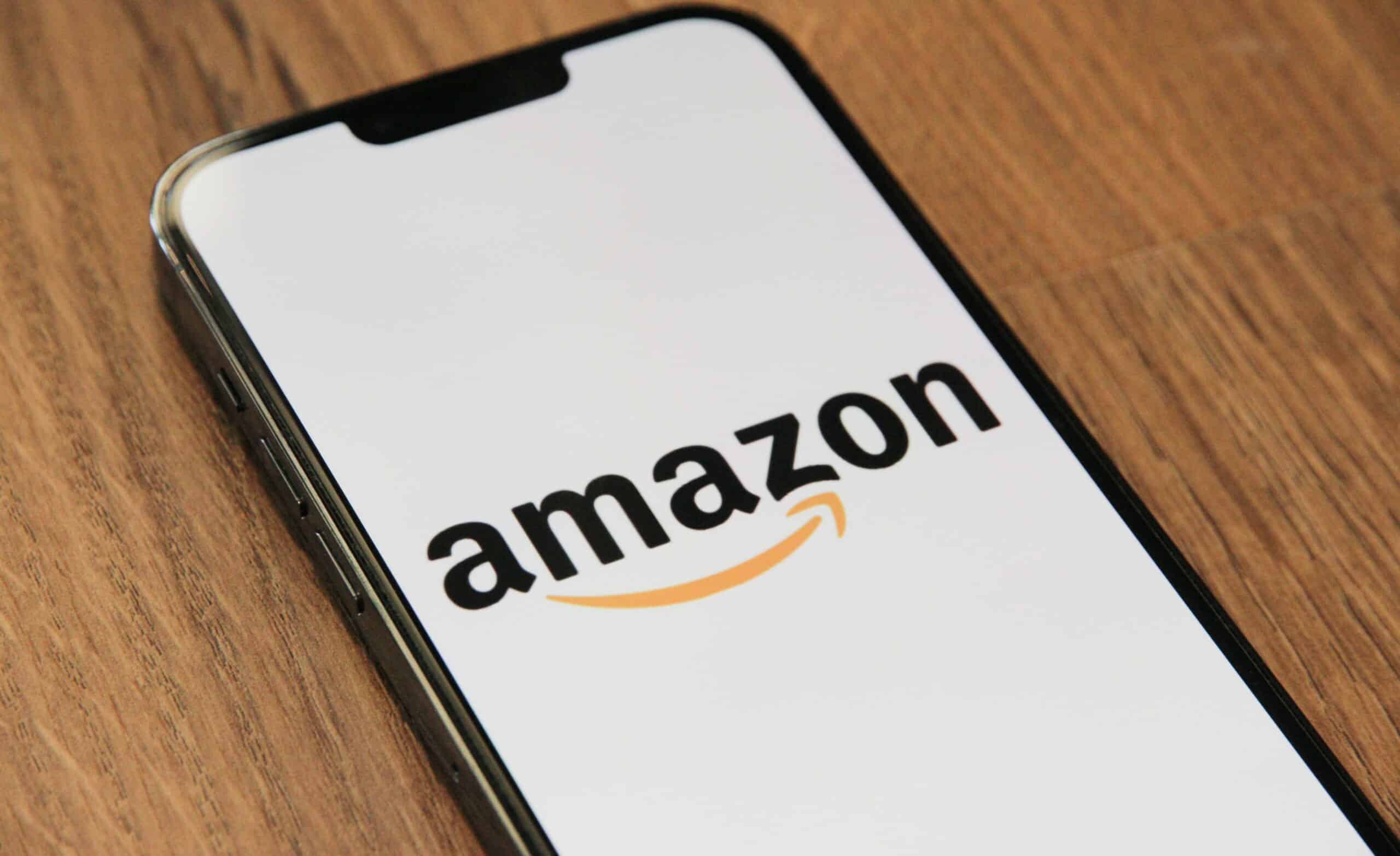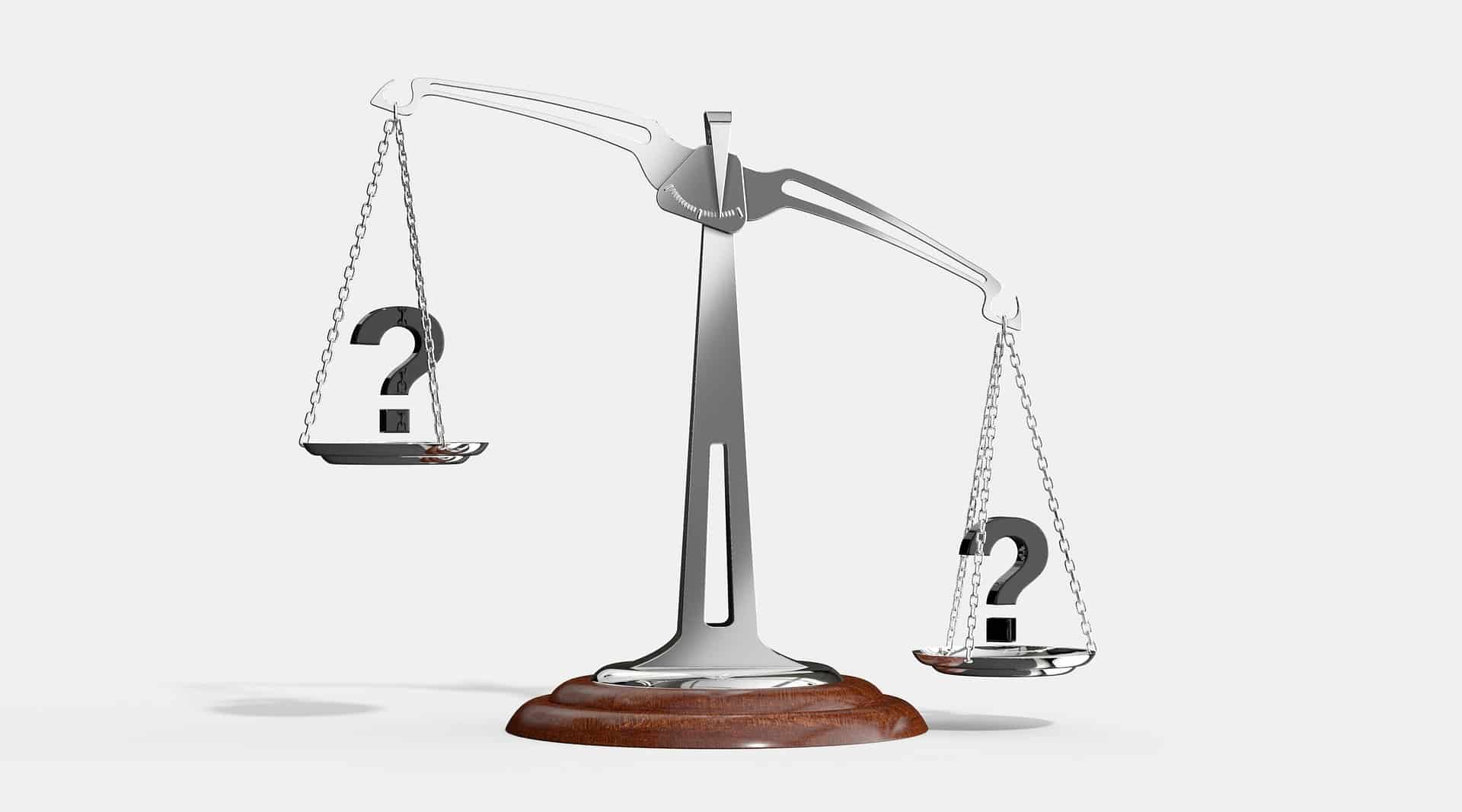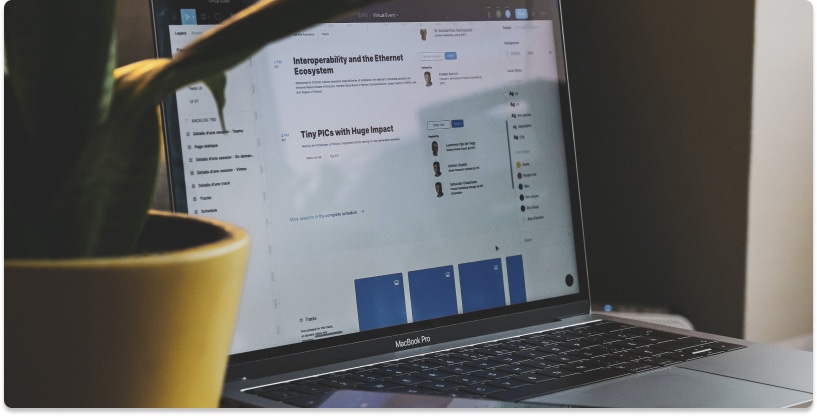As a small business, you probably use technology daily. The modern world runs on data and no business can succeed without using computers, cellphones, cloud services, and various software tools that help with day-to-day operations.
And while all of this technology has a lot of benefits, it comes with some downsides, the biggest of which is cybercrime. With all of the technology used by small businesses, even one cyberattack can have disastrous consequences and possibly ruin your entire organization.
If you want to keep your head above water and get a fighting chance in today’s competitive market, you need to protect your data from security breaches at all costs. And that’s where cybersecurity comes in.
Why is cybersecurity important and what exactly is it? Let’s explore.
What Is Cybersecurity?
It’s impossible to give a straight definition to the term “cybersecurity” because this concept encompasses multiple technologies and processes. However, the point of cybersecurity is clear – to detect, prevent, and respond to any threat or attack against digital data, systems, and services.
It focuses on every kind of threat you can imagine against the digital landscape, whether it’s data breaches, phishing scams, cyber terrorism, or ransomware. The digital infrastructure every business uses has multiple points of vulnerability, and cybersecurity is there to protect them.
Data and computer systems wouldn’t be safe if it wasn’t for cybersecurity. With the number of hackers and digital attacks rising every year, cybersecurity has never been more important than it is now. This is why countless businesses, both big and small, are always on the lookout for cybersecurity solutions.
How does cybersecurity work?
So how does cybersecurity provide protection for your digital infrastructure? It does so by creating multiple layers of protection across all of the programs, networks, and computers your business uses and then creating a unified defense system.
If you create a well-functioning cybersecurity system, it will be able to detect and address all of the vulnerabilities and weaknesses your system has before a malicious party can exploit it.
Types of cybersecurity
As we already mentioned, cybersecurity is a complicated and complex concept, and as such, it encompasses multiple areas. When someone talks about cybersecurity, they’re talking about the broad concept, but if you want to get more technical, you need to know about the different types as well.
Cloud security
Nowadays, it’s almost impossible to find a business that doesn’t use the cloud to store its data, and there is a good reason for that. The cloud is a safe platform if you know how to use it well.
However, if you want to keep your data safe, you need secure storage solutions as well as the right policies and controls. A lot of high-end cloud storage providers implement their own security solutions, but just to be safe, it would be wise to implement third-party security solutions when using the cloud.
Network security
The majority of cyber attacks happen over a business’s network, and if you want to avoid a similar outcome, you need to think about network security solutions.
There are multiple solutions that fall under the scope of network security:
- Data Loss Prevention (DLP)
- Network Access Control (NAC)
- Identity Access Management (IAM)
- Content Disarm and Reconstruction (CDR)
- Intrusion Prevention System (IPS)
- Next-Gen Antivirus (NGAV)
Mobile security
A lot of people overlook mobile devices when thinking about cybersecurity, but these devices are often used in small businesses. And in most cases, employees store sensitive data on them. This makes mobile devices prone to outsider threats and malicious attacks.
You can keep your mobile devices safe with a mobile device management solution and prevent any cyber-attacks and threats.
Endpoint security
End-user devices such as laptops and desktops can be big cybersecurity risks, especially if your employees aren’t familiar with how to protect your network. For example, one of the most common endpoint cybercrime attacks is ransomware, as 3 out of 4 organizations have fallen victim to it.
Ransomware and other endpoint attacks such as phishing are all too common, but luckily, also preventable. The question of how to protect yourself against ransomware is something a lot of businesses ask themselves. In this case, improving endpoint security is definitely the first thing you should do.
Zero trust
As a lot of organizations move their operations outside of the office and a lot of employees are working from home, businesses are required to take a different approach to cybersecurity. This approach is called zero trust.
Zero trust combines monitoring, micro-segmentation, and role-based access controls to protect individual resources with a more granular approach to security.
Application security
Web applications are easy targets for malicious attackers, just like anything else that has a direct connection to the internet. Some of those threats include misconfiguration, broken authentication, injection, and cross-site scripting, and that’s just the tip of the iceberg.
Luckily, you can prevent all of those with application security, or with The Open Web Application Security Project (OWASP).
IoT security
The Internet of Things has a plethora of benefits, but it also exposes your business to a plethora of cyber threats. If a vulnerable device is connected to IoT, a malicious attacker can easily break through and wreak havoc on your organization if you don’t implement IoT security.
Why Is Cybersecurity Important?
The question of why is cybersecurity important shouldn’t even be a question, but it’s still important to highlight all of the reasons why businesses need to secure their data and devices. Let’s go through just some of the reasons why you need to make cybersecurity a priority.
Cybercrime can happen to anyone and at any time
Don’t think for one second that there isn’t a business or person out there who is fully immune to cybercrime. Since the modern world relies on technology as much as it does, hackers are always looking for the opportunity to break into a vulnerable system and profit from it.
As time goes by and this reliance increases, so does the frequency and severity of cyberattacks that occur daily. The number of data breaches keeps rising. In 2021, there were 1,862 recorded data breaches.
Cybercrime puts personal privacy in danger
Billions of people store sensitive information on their devices, and if that information comes out, it can be the end of personal privacy as we know it. Even technologically savvy people can easily fall victim to attacks from devious cybercriminals and have their personal information stolen.
Anyone who uses their devices to work, play games, stream content, or shop (which is almost everyone on the planet by this point) can become a victim. Digital attacks that come in the form of spyware, viruses, phishing, malware, and ransomware happen more frequently than some people realize.
And if a data breach happens to a business that stores personal information about their clients such as their credit card numbers and social security numbers, the business will face serious legal repercussions.
The dark web is more dangerous than ever
You’ve probably heard of the dark web before, but just in case you haven’t, it is a secret collaboration of various internet sites that can’t be accessed through regular browsers. For someone to gain access to the dark web, they can only do so through a specialized browser.
The dark web is known for being host to various illegal operations and people use it to commit online crimes while staying anonymous. Just like the rest of technology has developed rapidly over the past few years, so has the dark web.
The dark web is bigger and more sophisticated than ever and it’s full of malicious people who are willing to break into your system, steal your data, and sell it. If your business data ends up on the dark web, you won’t know it until it’s too late.
Lack of cybersecurity causes financial losses
Cybercrime is a big issue that does more damage than some people realize. If an attacker gets through your system, they will steal your data, but what exactly does that entail? For starters, you can lose your reputation and all of your customers, as well as a lot of money.
The cost of cybercrime is predicted to hit $10.5 trillion by 2025 and it will most likely rise over the following years, as will the average cost of cybercrime per business. If you want to avoid financial troubles and reputational damage, you will make sure your cybersecurity is as good as it can be.
Advantages and Challenges of Cybersecurity
There are a lot of cybersecurity advantages, but also some challenges that you need to be aware of. By now, you probably realize the importance of cybersecurity, but you should also understand the advantages and challenges that come with it.
Cybersecurity advantages
At the very core of it, cybersecurity revolves around risk management, but that’s far from the only benefit a business gets from securing its systems and data.
Here are some other cybersecurity advantages you can expect:
- Protecting your business against external and internal threats.
- Ensuring compliance with regulatory standards such as GDPR and HIPPA.
- Eliminating the downtime that occurs whenever there’s a breach, which improves productivity and profitability.
- Building trust with your customers and keeping your reputation as a trustworthy business that puts its customers’ safety and privacy first.
Cybersecurity challenges
Cybersecurity advantages are more than obvious, but before you can reap all of those benefits, you need to prepare yourself for the following challenges:
- It can be expensive for a business to ensure complete cybersecurity.
- The processes that go into building a secure network are complicated.
- Cybersecurity takes a lot of time, effort, and constant monitoring to ensure everything is working properly.
Biggest Cybersecurity Threats
If you’re looking for a simple answer to the question of why is cybersecurity important, it’s to protect you from the biggest cybersecurity threats and different methods of attack.
Those threats include:
- Malware. Malware is a broad category of programs such as ransomware attacks, spyware, and viruses that cause damage to your systems and provide unauthorized access to the person who installed the malware.
- Phishing. Phishing involves targeting human vulnerabilities and involves tricking someone into doing something that will install malware on their device. Cybercriminals often perform phishing via scam emails. Through phishing, you can also run into an insider threat.
- Botnets. Botnets happen through distributed denial-of-service (DDoS) attacks, and they take the form of multiple infected computers. Through this form of cyberattack, the malicious party crashes a system by overloading it with requests through connected devices.
- Man-in-the-middle attacks. Some cybercriminals intercept data while it’s traveling between points and copy it so they can later use it for malicious intent.
How Can Small Businesses Make Sure Their Data Is Secure?
From everything you’ve read so far, you might be slightly concerned about cybercrime. You may even be wondering if there is anything you can do to ensure your business stays safe.
Here are a few effective cybersecurity measures you can implement.
Start with employee education
Even though technology is widely used in businesses, there are still a lot of employees who, even though they use it, still don’t know a lot about it. To avoid a majority of outsider threats, especially phishing, you need to teach your employees the best cybersecurity practices.
Create a dedicated cybersecurity policy with well-documented protocols that will explain to all of your employees what they can do on their end to stop any attacks. If necessary, you can hire a cybersecurity expert to hold a course and educate your employees on the basics of cybersecurity.
Don’t forget to back up your data regularly
Even though prevention should be your top priority, an attack can still happen and there’s always a possibility for your data to be compromised. But even if an attacker does get access to your data, you can save your operations if you back up that data regularly.
These backups should be kept in a separate location far from your business. This way, if you lose the data because of a natural disaster, you can still get it back through disaster recovery.
Install a firewall on all company devices
Cybersecurity has multiple lines of defense, and the first one is a firewall. A firewall works like a barrier between your data and cybercriminals that are trying to access it. If you have employees who are working from home, insist that they install firewalls on their devices as well.
If your budget allows for it, pay for good firewall software that comes with great features and 24/7 support. And don’t just stop with the firewall. You should also purchase anti-virus software that will detect and stop as many threats as possible before they even enter your system.
Use strong passwords and two-factor authentication
A shocking amount of data breaches happen because of weak or stolen passwords. Don’t forget that your password is sometimes all that stands between a hacker and your data, so the password you choose needs to be strong and difficult to guess.
Even if a hacker somehow manages to guess your password, that’s where two-factor authentication comes in. This defense system will require the person who’s trying to access a system or program to provide a temporary passcode that was sent to their phone or email.
Use a VPN
Virtual private networks, or VPNs for short, are systems that create an encrypted tunnel between you and a remote server. Thanks to this tunnel, you can surf the internet safely and privately while protecting your data and staying anonymous.
Whenever you’re using the internet, you should also use a VPN. This way, nobody will be able to see what you’re doing or track your data.
Final Thoughts
Today’s small businesses need to work hard just to be noticed, let alone become profitable and successful. There are a lot of things a small business owner needs to think about, but there isn’t an issue that’s more pressing than cybersecurity.
Don’t think that just because you’re a small business, you can let your guard down and think you’re not an interesting target. Cybercriminals are always looking for weak spots in businesses and individuals they can exploit. So if you don’t protect your system, you won’t be in business for much longer.



